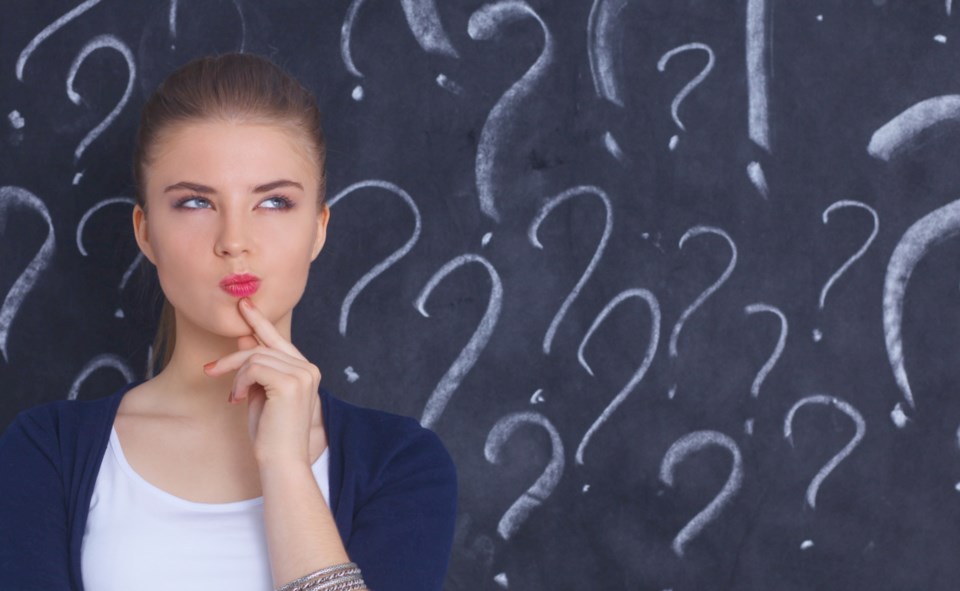The American writer and philosopher Ralph Waldo Emerson said, “Fiction reveals the truth that reality obscures “
I will admit that I’ve never been a great fan of fiction; I prefer writing that spells out the author’s perspective of what is actually happening in the world, but there are times when nothing speaks the truth more effectively than a great work of fiction.
Hans Christian Andersen penned The Emperor's New Clothes nearly 200 years ago and he borrowed the idea from several more ancient stories. The story is timeless because it reveals a political truth that is relevant even today.
The emperor in Andersen’s story is duped by some corrupt garment makers who pretend to make him the finest garment money can buy. He is told that only the “woke” (to borrow a term from the 21st century) will be able to see the garment. In reality, the garment makers produce nothing. While no one sees a garment, only one has the courage to question the obvious.
When the king parades in his nonexistent garment for his subjects, everyone plays along with the charade out of fear, except for an honest and courageous boy who shouts, “The king has no clothes!”
The boy in Andersen’s story was not a conspiracy theorist, he was a critical thinker. Critical thinkers make challenging statements and ask important questions. Some things never seem to change.
In 2022 we have learned, for example, that Vladimir Putin is a horrendous war criminal. There is little doubt of this, but what is left unstated is that those making the most vehement accusations against Putin also face very credible accusations of crimes against humanity.
The Rome Statute is a treaty that established the International Criminal Court (ICC). This court can try individuals, including government officials, for genocide and other crimes against humanity. While slow-moving and imperfect, this body has clarified our understanding of international law and it has been effective in improving global accountability. Isn’t it odd that while the ICC is respected in 123 states, both Russia and the United States signed and then withdrew their signatures from the Rome Statute?
There are many similar questions that remain unanswered.
How is the Russian invasion of Ukraine different from the US-led invasion of Iraq? Both involve numerous allegations of war crimes.
How is the situation in Ukraine different from the Saudi Arabian onslaught in Yemen? Why do the United States and Canada continue to provide military equipment to the Saudis?
The media presents international generosity toward four million Ukrainian refugees as a sign of our benevolence. Why would we provide support to four million European victims of conflict while ignoring over 80 million displaced individuals from Yemen, Syria, Palestine, Ethiopia, Mali, the Congo, Myanmar, several Central American countries, and many other parts of the world? Is it because we are in some way the cause of the conflicts in these other countries? Is it because we are racist? Is there another reason to explain this dichotomy?
Of course, we need to help the people of Ukraine, but is spending more money on weapons the only solution? Perhaps there is a negotiated settlement. If Vladimir Putin really has a high-conflict personality, isn’t it unwise to back him into a corner? Wouldn’t it be better to provide him with a way to save face?
We also need to ask our politicians, “Who are your campaign contributors and how are they benefiting from the decisions you are making?” We need to ask our media giants, “Who is paying for your programming and how is it impacting your reporting?”
Critical thinking about global issues begins by recognizing two very simple truths:
Every violation of human rights is a crime regardless of who commits the crime.
Every person, everywhere in the world deserves to live in safety and security.
The emperor is naked. It is time to end the charade.
Gerry Chidiac is a Prince George writer.




